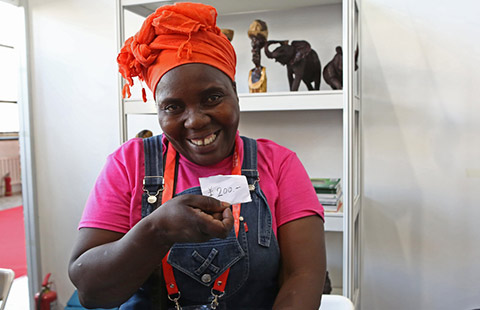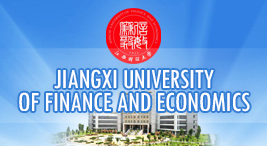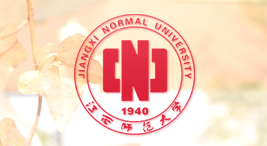Equal access to education gets a boost

Guideline promotes fair access to the public good that is fundamental to social fairness
China will focus on promoting equal access to education, educational reforms and encouraging private investment to enter the field in the next five years, according to a guideline approved by the central government.
The guideline was approved at a State Council executive meeting, presided over by Premier Li Keqiang last Wednesday, on educational development under the 13th Five-Year Plan (2016-20).
The nation will continue to attach strategic importance, and give priority, to education as it has done before, a statement released after the meeting said.
The guideline said more resources will go to less-developed central and western regions, as well as poverty-stricken and border areas, while key universities will recruit more students from these regions. It targets ensuring equal access for students with disabilities, from impoverished families and those left behind by migrant-worker parents.
It also called for cooperation among contributors to the country's educational system, especially private investors. Non-profit schools and private schools will be granted differentiated favorable policies while the former will get more support. In addition, the meeting also called for big data and cloud computing to be utilized to promote the sharing of educational resources, the statement said.
The premier has reiterated on a number of occasions that rich human resources are one of China's biggest advantages, and education is a fundamental way to boost such an advantage. "And we should attach great importance and unwaveringly boost educational development to enhance social and economic development as well as economic transformation," he said at the meeting.
Education has been a priority for the central government, while equal access has been regarded as imperative for those in less-developed areas. The guideline may change the fact that an economic disparity between the east and the west has led to an educational discrepancy in these regions, said Xia Xueluan, a visiting professor of sociology at Sanya University in Hainan province.
As the country promotes Western China Development and economic transformation in central China, these areas will benefit more from funds while industrial upgrading demands a large amount of expertise, Xia said.
The guideline received positive feedback from teachers. Yang Shangen, deputy principal of Huangwei Middle School in Anqing city of East China's Anhui province, said students in rural areas will benefit from the guideline.
During recent decades, the government has provided increased funding to rural schools and teachers, including Yang's school that is located in a nationally-recognized impoverished county.
The school now has projectors and computers, both of which were considered luxuries before 2008. On top of this, teachers receive higher salaries of about 5,000 yuan ($724) per month, on average, approximating the average in the provincial capital of Hefei, Yang said.
"About 10 years ago, many young teachers left the school to join better-paid ones. At that time, my salary was only half of what it is this year," Yang said.
For many kids in rural areas, education is one of the few ways to change their destinies, Yang said. In Anhui, recent decades have seen thousands of locals migrate to big cities for better jobs, leaving their kids at home. For these parents, it will be a source of great pride if their children go to universities, Yang said.
His opinion was echoed by the premier, who has often cited a migrant worker he met in Northeast China's Jilin province last year to exemplify the significance of education.
The worker, Li Zhuobing, worked on a construction site with his wife in Changchun, Jilin's capital, and all the money they saved was used to support their son who was pursuing a bachelor's degree.
For many migrant worker families, education is an indispensible way to cultivate hope for the younger generation, Premier Li said on a visit to Shenzhen in October.
"Fair access to education is fundamental to social fairness and kids in every family should be granted better opportunities for higher-quality education," Li said at the meeting last Wednesday.


















